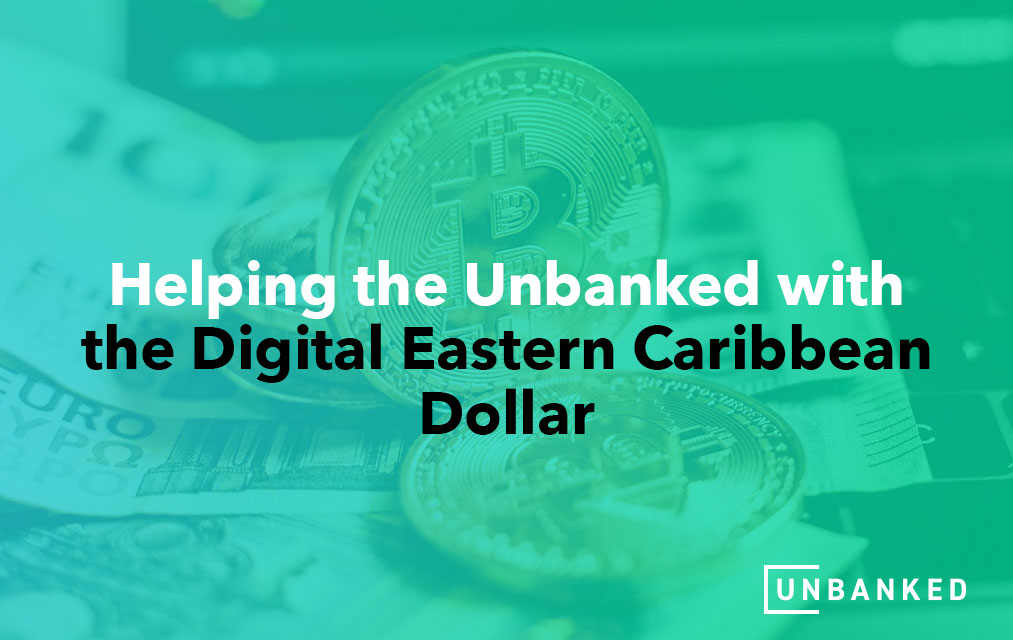The eastern part of the Caribbean now has its own form of digital currency. It has helped many people speed up their transactions and help those who do not have bank accounts. Commonly known as DCash or the Sand Dollar, this is the first blockchain-style currency that’s been introduced into any of the currencies throughout the world. However, some individual nations do have some similar systems to what the Caribbean has been doing.
Currently, the island nations of St Lucia, Barbuda, Grenada, st. Kitts, Antigua, and Nevis are taking part in this year-long pilot program using the digital currency of the Eastern Caribbean Central Bank.
A partnership between the Caribbean Central Bank and Bitt, a Fintech company based out of Barbados, has helped create DCash. However, unlike other cryptocurrencies, this digital currency is officially issued by the Caribbean Central Bank and has a fixed value. This value is tied to the current Caribbean dollar and uses the crossed the majority of the region.
This new system has allowed many users, especially those without bank accounts and who have a smartphone, to download an app and make the payments they need via a specific QR code. Those who are unbanked would have to go through an approved agent or a non-banking financial institution to verify and authorize their information. This is so they can get a DCash wallet. Now, someone can go to any store and give a cashier their physical cash, which would then be converted into digital currency into their DCash wallet.
However, there are limits on to white people can do with their money when it comes to sending via DCash. At the moment, there are no plans for any credit card integration or interest as these do not apply to this new digital currency.
While this is considered within the Eastern Caribbean, many experts worry that some of the smaller countries may be used as a center for illegal activities, including financing terrorism or money laundering. However, the skepticism is slowly fading as more of the Caribbean central banks are getting more involved in a process. Many face the inevitability of people using physical cashless and less every day to move towards more of a digital currency. The few skeptics that remain are slowly declining.
It is also important to note that the Bahamas became the first country that has rolled out its digital currency nationwide. Because of this, the Marshall Islands is also considering its own cryptocurrency. However, it’s essential for smaller countries to become a part of this as many people in these countries remain unbanked.
Other countries like Anguilla, Dominica, Montserrat, the Grenadines, and Saint Vincent, who make up part of the economies and under the Eastern Caribbean Central Bank, will also have digital currencies available. It has become safer, faster, and even more cost-effective to help the unbanked with digital currency. This project with the central bank aims to see a reduced rate of 50% with cash within the next couple of years.
With traditional banking, payments are either too slow or too expensive for most unbanked to have to deal with. With this digital currency, many of those who are unbanked or able to use it in place of cash as it is much safer and harder to steal. To give it more of an incentive, it’s a great way to make or receive payments.
Japan, England, Canada, and the Swiss have done studies on whether or not to issue digital currencies. The Eastern Caribbean Bank started its project early. This has helped the unbanked and keep their economy moving forward. However, time will tell if digital currency is the wave of the future for many of these countries.
However, this has put the Eastern Caribbean Central Bank ahead of the rest of the world in issuing digital currencies. Now that they’re in the spotlight as a center for cryptocurrency innovation globally, the region is slowly becoming a hub for many financial services. The Caribbean seeks to build a more extensive and innovative economic infrastructure to solve many of its more significant problems, like the drop in tourism due to the pandemic and yearly increase of hurricanes.
These digital assets are emerging as the only obvious solution to the region’s exposures on an economic and geographic level. The Caribbean is now seen as an essential development in the digital world, especially since its onset in October 2020.
As a digital currency, its purpose is customized for the region. It has allowed the government to manage environmental impacts easier through wireless payments and electronic aid. It has prevented issues generally associated with physical cash reliance and shipments and sped up banking services recovery.
However, the country still needs to address the three-hundred-plus islands that make it up even though the digital currency was created out of necessity for the unbanked and remote areas. It’s proven unfeasible for the government to operate in those remote areas, which has led to a significant inclusion gap.
While the digital currency shares the same stability as its regular fiat currency, it has more regulatory oversight and security levels than the other doesn’t. Soon, the DCash, or Sand Dollar as it’s commonly called, will have some company. Countries like Brazil, China, Sweden, and South Korea are also working on their digital currencies. Also, many startups seek active partnerships, especially EMTECH in the United States, for a release of the currency.
Now, the unbanked are finding it easier to protect their finances and saving their money with this new digital currency. With mobile technology at the front of this currency, those in the Caribbean will find it safer to hold on to their money and use it wisely. With more security built in the processes and it is easier for many unbanked to open an account, this will help the Caribbean’s economy and social structure. However, the more remote islands will still need help with this new technology for the countries of this region to move forward fully.





